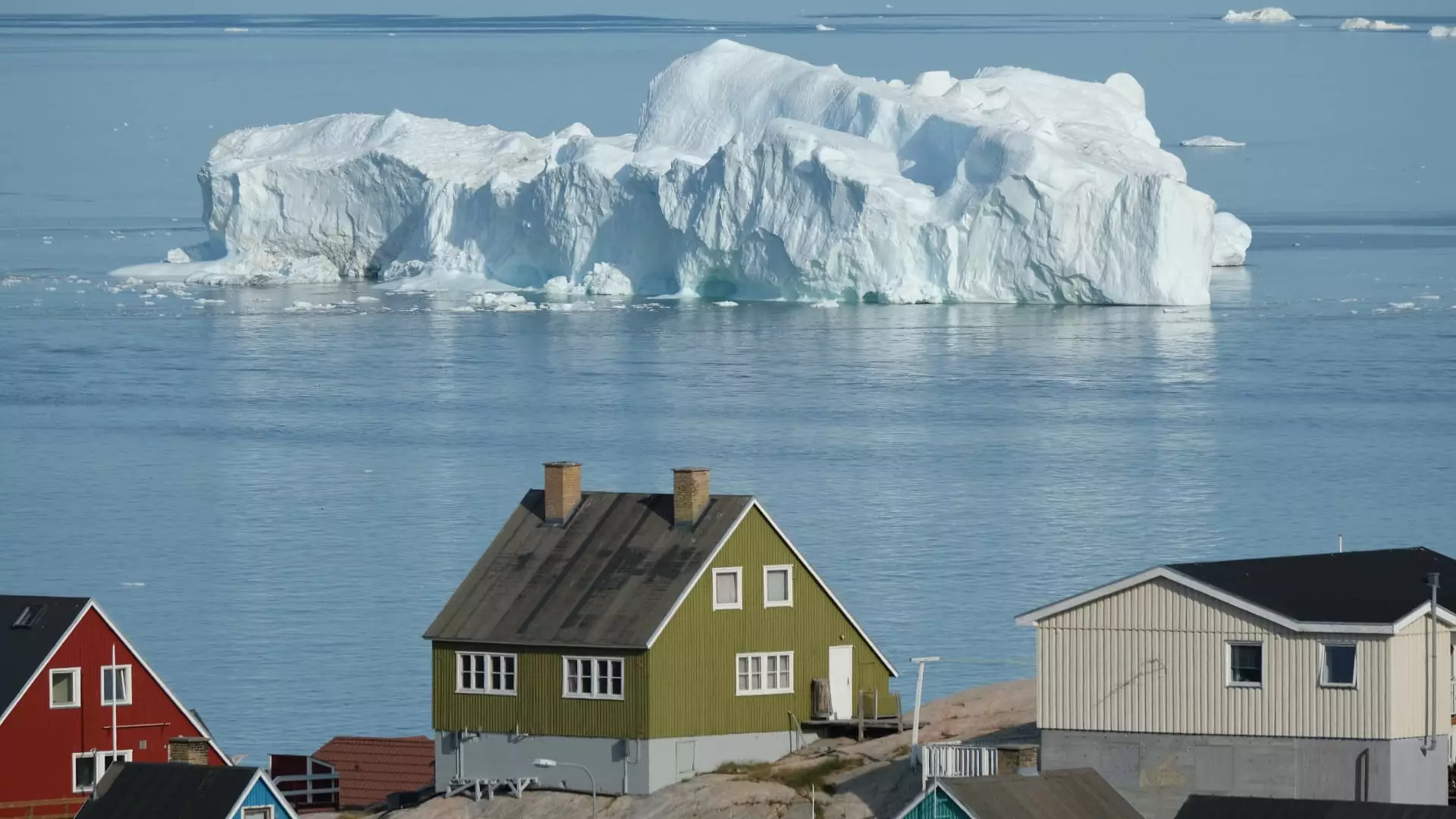The fascination with Greenland has gained a distinct geopolitical lens, particularly under the former Trump administration, which openly entertained the idea of purchasing the world’s largest island. This notion of acquisition wasn’t merely whimsical; it surfaced amid a backdrop of intensifying international interest in the Arctic region that highlights Greenland’s strategic significance. Indeed, the territory’s remote location is not just appealing for its resources but also for its pivotal role in securing national interests and enhancing defense mechanisms.
The Arctic: A Hotbed for Global Powers
Greenland stands at the center of an escalating rivalry among superpowers, with the U.S., China, and Russia all vying for influence. The interest from China escalated in 2018 with a proposed bid from a state-owned enterprise to invest $550 million into airport expansions in Greenland. Although this project didn’t materialize, it notably indicated Beijing’s ambitions to extend its reach into the Arctic, raising alarms in Washington. Concurrently, Russia has rekindled its historical presence in the Arctic, reopening military installations, including Nagurskoye, underscoring the region’s strategic military relevance.
Experts like Kalus Dodds emphasize that Greenland is emerging as an essential geographical fulcrum, effectively serving as “ground zero” in terms of geopolitical dynamics. The island’s geographic positioning enhances the United States’ ballistic missile defense capabilities, particularly with the rapid expansion of China’s missile arsenal. As asserted by Brent Sadler of the Heritage Foundation, Greenland’s role in national defense becomes paramount when considering its geographic advantages in monitoring and responding to potential threats.
Moreover, Greenland’s accessibility to new Arctic shipping routes presents economic opportunities that cannot be overlooked. According to the Arctic Council, shipment through these routes surged by 37% from 2013 to 2023, illustrating how climate change is revealing previously inaccessible pathways. Projects like China’s proposed “Polar Silk Road” further encapsulate the burgeoning economic prospects tied to the Arctic and its navigational routes.
This geopolitical tussle raises critical questions about the future of international collaboration in the Arctic. While the competition has intensified, striking a balance between national security and cooperative governance of Arctic resources could yield beneficial outcomes for all involved. Developing frameworks for joint research, environmental protection, and sustainable resource management is essential. The Arctic could serve as a beacon of international cooperation rather than a battleground for conflicting ambitions.
Greenland is more than just a political ambition or a trading post; it represents a microcosm of larger global tensions. Understanding Greenland’s multi-dimensional significance—ranging from defense strategy to economic opportunity—is crucial for policymakers as they navigate the complex web of interests and alliances that will shape the Arctic region for years to come.


Leave a Reply